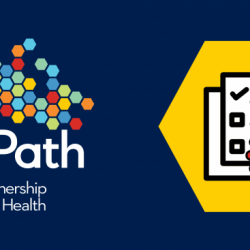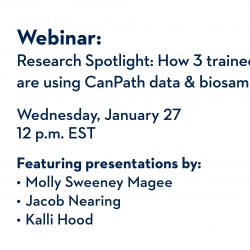An Examination of the Role of Socioeconomic Status in the Relationship between Depression and Prostate Cancer Survivorship in a Population-Based Sample of Men from Atlantic Canada
Journal: Oncology Authors: Gabriela Ilie, Robert Rutledge, Ellen Sweeney Abstract: Objective: Prostate and skin cancer are among the most prevalent forms of cancer among men and have favorable survival rates compared to other, more aggressive forms of cancers. Recent studies have shown that the odds of depression among men with a lifetime history of prostate cancer are higher compared to men without a lifetime history of prostate cancer. Here we extend previous findings and examine the role of socioeconomic status in the relationship between depression and cancer survivorship status in a population-based sample of men from Atlantic Canada. Methods: A cross-sectional analysis was conducted on a subsample of 6,585 male participants aged 49–69 years from the 2009–2015 survey cycle of the Atlantic PATH study. The primary outcome was screening positive for mild, moderate or severe depression using the Patient Health Questionnaire (PHQ-9). The main predictor variable was cancer survivorship status (the presence of a lifetime history of prostate cancer, skin cancer, forms of cancer other than prostate or skin cancer, or absence of a lifetime cancer diagnosis). Covariates included age, education, marital status, household income, province, ethnicity, comorbidity, and survivorship time. Results: An estimated 14.7% of men in this sample screened positive for mild, moderate or severe depression. Men with a history of prostate cancer were 2.60 (95% CI: 1.02, 6.65) times more likely to screen positive for depression than men with a history of any other form of cancer. The odds ratios were 10.23 (95% CI: 2.82, 37.49) or 4.00 (95% CI: 1.20, 13.34) times higher for survivors of prostate or skin cancer who reported a low household income to screen positive for depression compared to men with a history of any other form of cancer and high household income. Conclusions: These results extend current evidence of the association between prostate cancer survivorship and depression compared with men who never had a history of cancer diagnosis by indicating that this association still stands when the survivors of prostate cancer are compared to survivors of any other form of cancer, and further indicates that this association is moderated by household income. The findings highlight the importance of delivering mental health screening and support to prostate cancer survivors during the cancer journey, especially those with low household incomes. DOI: https://doi.org/10.1159/000512444 Last Updated on January 25, 2021



